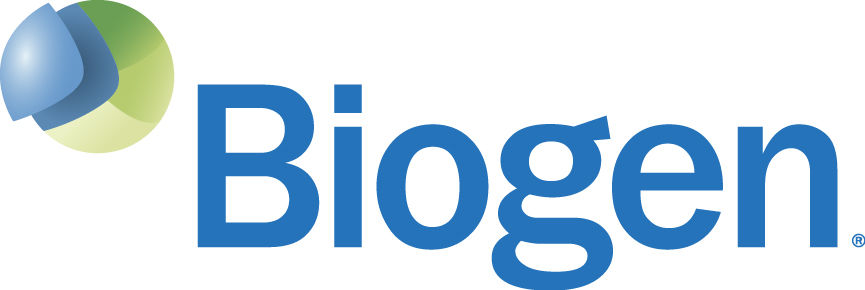Request Demo
Last update 08 May 2025
α1β1
Last update 08 May 2025
Basic Info
Synonyms- |
Introduction- |
Related
3
Drugs associated with α1β1Target |
Mechanism α1β1 antagonists |
Active Org. |
Originator Org. |
Active Indication |
Inactive Indication- |
Drug Highest PhasePhase 2 |
First Approval Ctry. / Loc.- |
First Approval Date20 Jan 1800 |
CN117222666
Patent MiningTarget |
Mechanism- |
Active Org. |
Originator Org. |
Active Indication |
Inactive Indication- |
Drug Highest PhaseDiscovery |
First Approval Ctry. / Loc.- |
First Approval Date20 Jan 1800 |
CN115135342
Patent MiningTarget |
Mechanism- |
Active Org. |
Originator Org. |
Active Indication |
Inactive Indication- |
Drug Highest PhaseDiscovery |
First Approval Ctry. / Loc.- |
First Approval Date20 Jan 1800 |
2
Clinical Trials associated with α1β1NCT02047604
A Randomized, Double-blind, Placebo-Controlled, Multiple Ascending Dose Study to Evaluate the Safety, Pharmacokinetics, Pharmacodynamics, and Efficacy of Escalating Doses of SAN-300 in Patients With Active Rheumatoid Arthritis With Inadequate Response to Disease-Modifying Anti-rheumatic Drug(s).
A Study to Evaluate the Safety, Pharmacokinetics, Pharmacodynamics, and Efficacy of Escalating Doses of SAN-300 in Patients with Active Rheumatoid Arthritis with Inadequate Response to Disease-Modifying Anti-rheumatic Drug(s).
Start Date01 Dec 2013 |
Sponsor / Collaborator |
ACTRN12611000123943
A phase 1 study of healthy subjects and patients with rheumatoid arthritis receiving single doses of SAN-300 or placebo to evaluate the safety, tolerability, pharmacokinetics and pharmacodynamics of SAN-300
Start Date07 Mar 2011 |
Sponsor / Collaborator |
100 Clinical Results associated with α1β1
Login to view more data
100 Translational Medicine associated with α1β1
Login to view more data
0 Patents (Medical) associated with α1β1
Login to view more data
375
Literatures (Medical) associated with α1β101 Jan 2025·Journal of Controlled Release
An engineered α1β1 integrin-mediated FcγRI signaling component to control enhanced CAR macrophage activation and phagocytosis
Article
Author: Du, Fuyu ; Jia, Qingan ; Yang, Zuo ; Wang, Zhongliang ; He, Anna ; Yuan, Jingtong ; Yang, Peng ; Ye, Zixuan ; Wang, Huaiyu ; Su, Maozhi ; Ning, Pengbo
01 Dec 2024·Matrix Biology
Fibroblast integrin α11β1 is a collagen assembly receptor in mechanoregulated fibrillar adhesions
Article
Author: Molven, Anders ; Gullberg, Donald ; Musiime, Moses ; Hansen, Uwe ; Zeltz, Cédric ; Chang, Joan ; Erusappan, Pugazendhi Murugan ; Cukierman, Edna
01 Aug 2024·Pharmacological Research
Integrins play a role in stress relaxation of perivascular adipose tissue
Article
Author: Terrian, Leah ; Bhattacharya, Sudin ; Watts, Stephanie W ; Thompson, Janice M ; Panda, Vishal ; Nault, Rance ; Contreras, Andres
Analysis
Perform a panoramic analysis of this field.
login
or

AI Agents Built for Biopharma Breakthroughs
Accelerate discovery. Empower decisions. Transform outcomes.
Get started for free today!
Accelerate Strategic R&D decision making with Synapse, PatSnap’s AI-powered Connected Innovation Intelligence Platform Built for Life Sciences Professionals.
Start your data trial now!
Synapse data is also accessible to external entities via APIs or data packages. Empower better decisions with the latest in pharmaceutical intelligence.
Bio
Bio Sequences Search & Analysis
Sign up for free
Chemical
Chemical Structures Search & Analysis
Sign up for free


